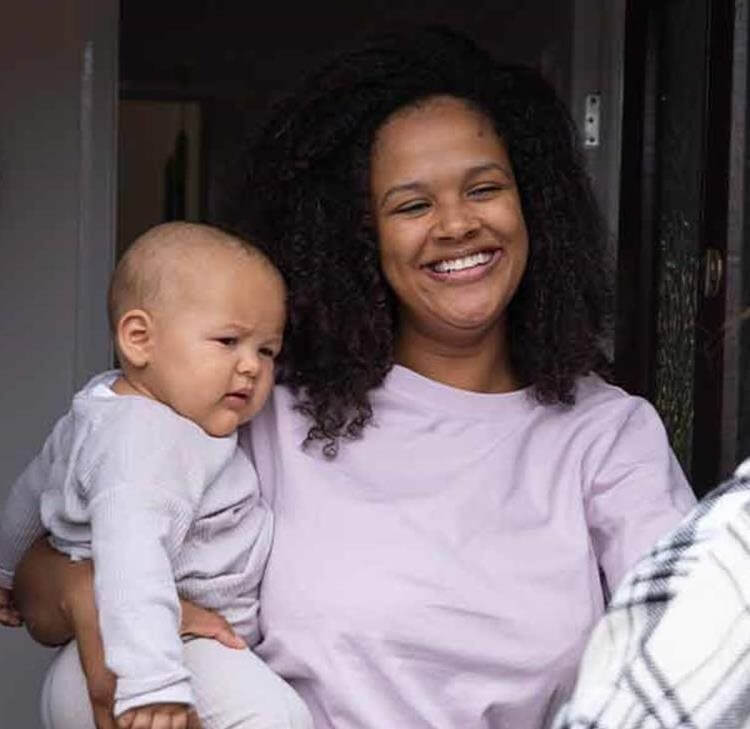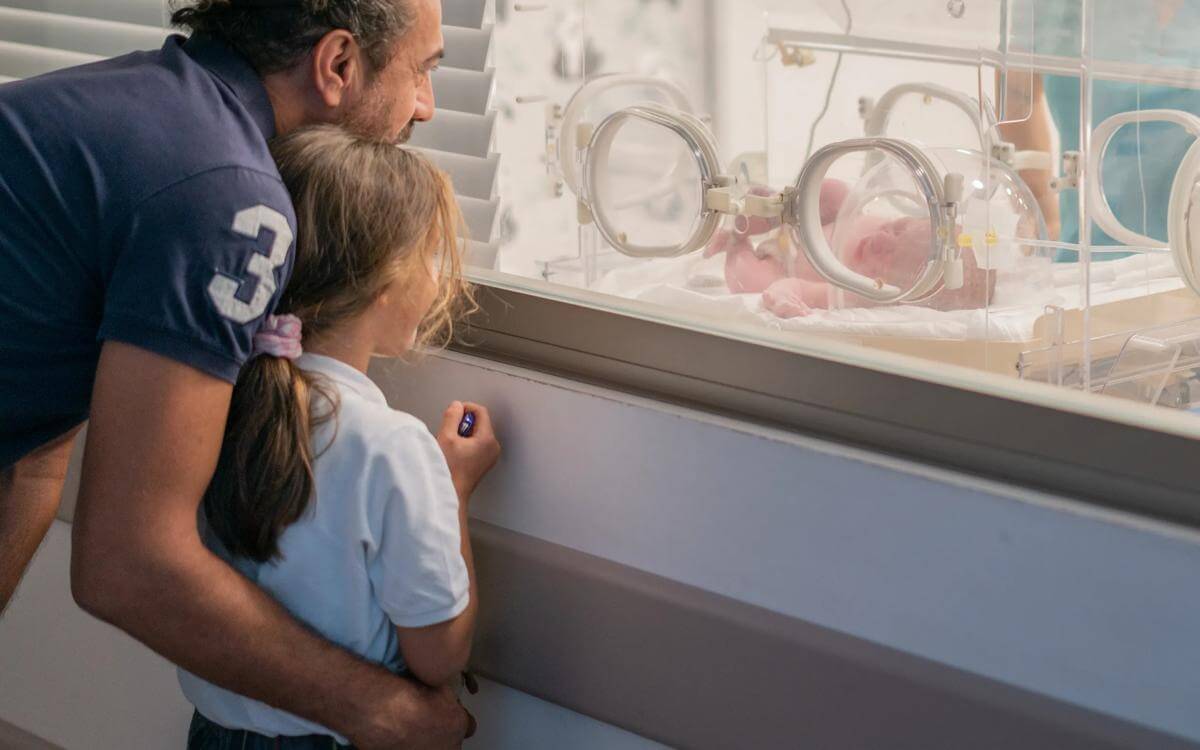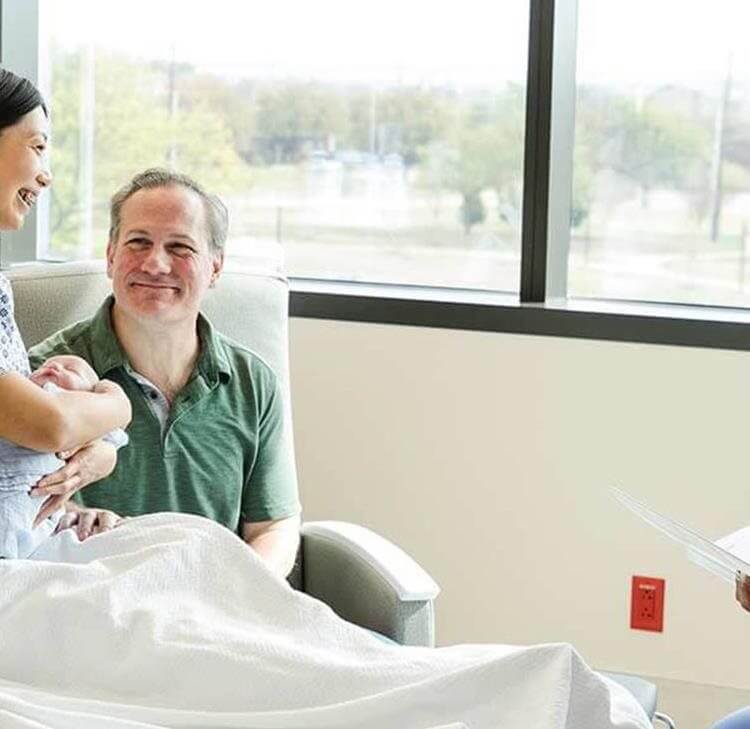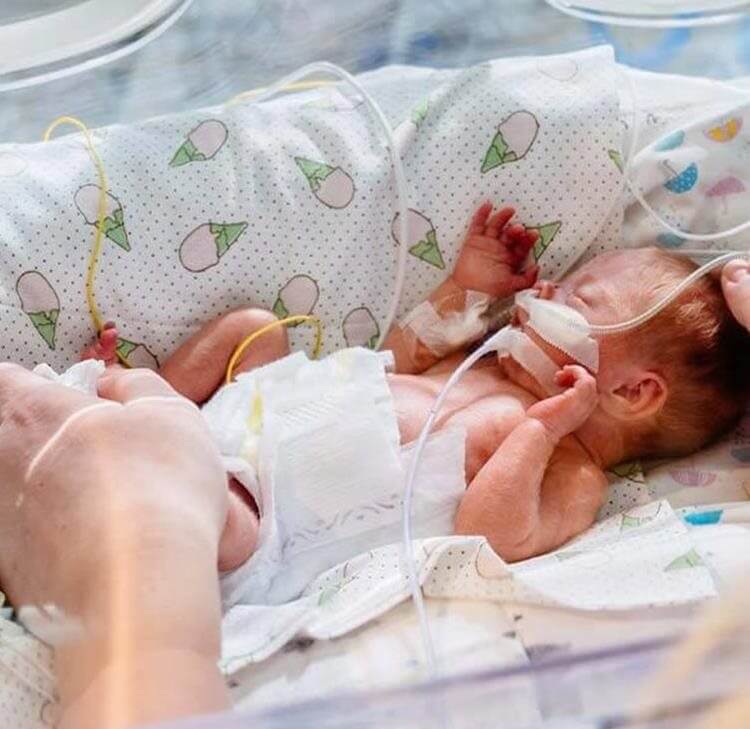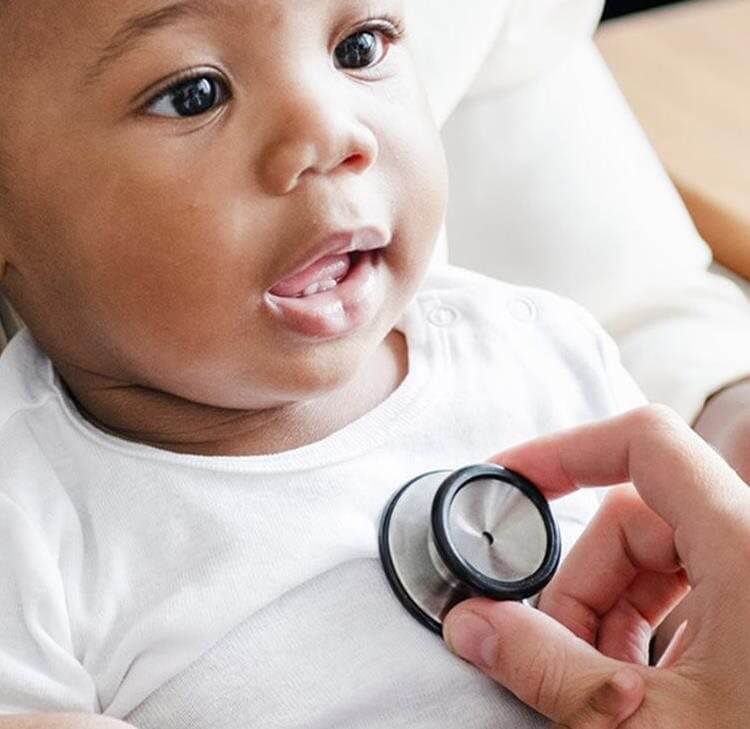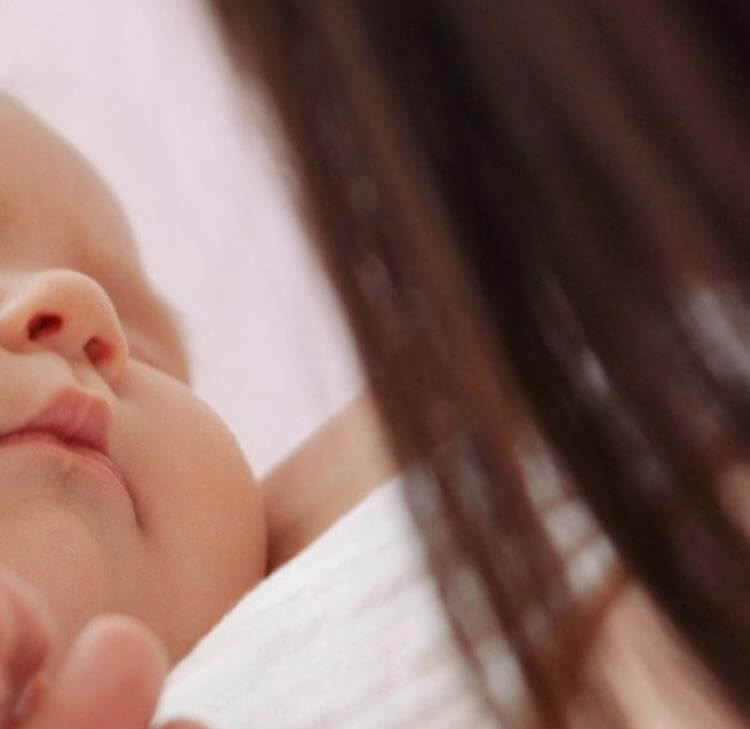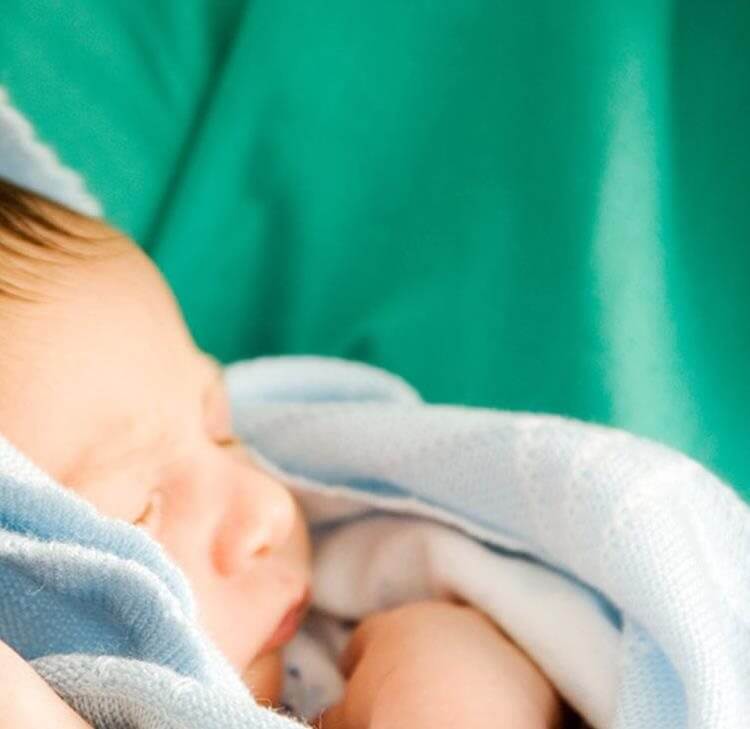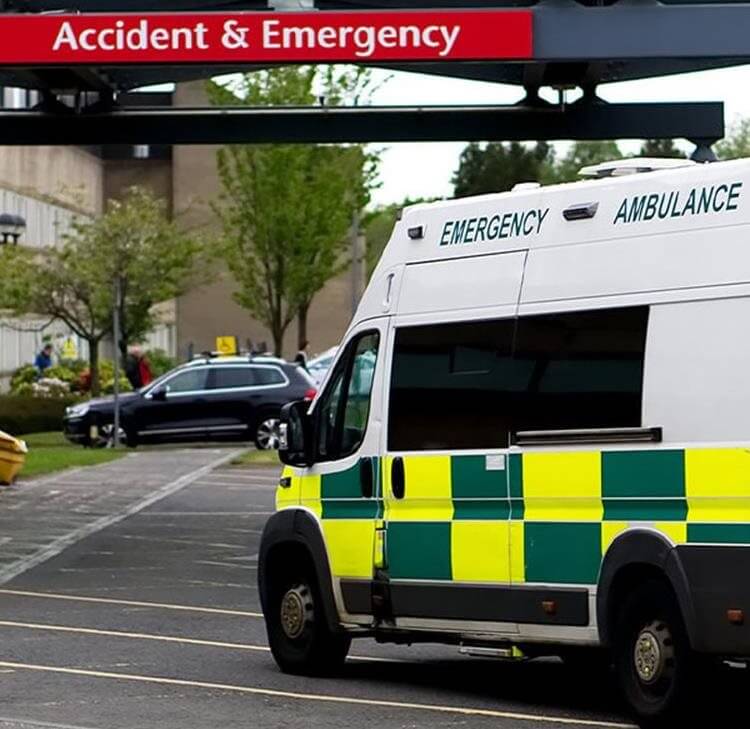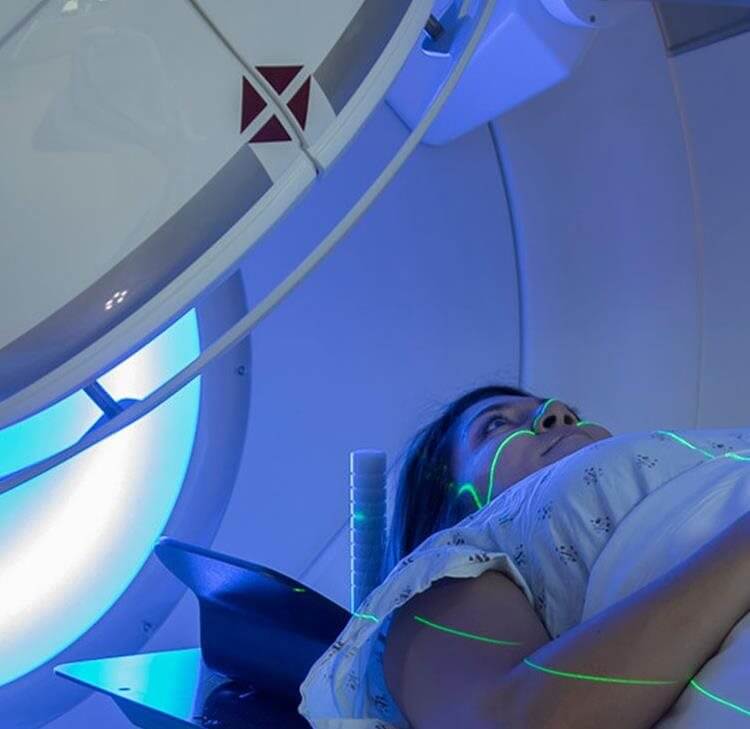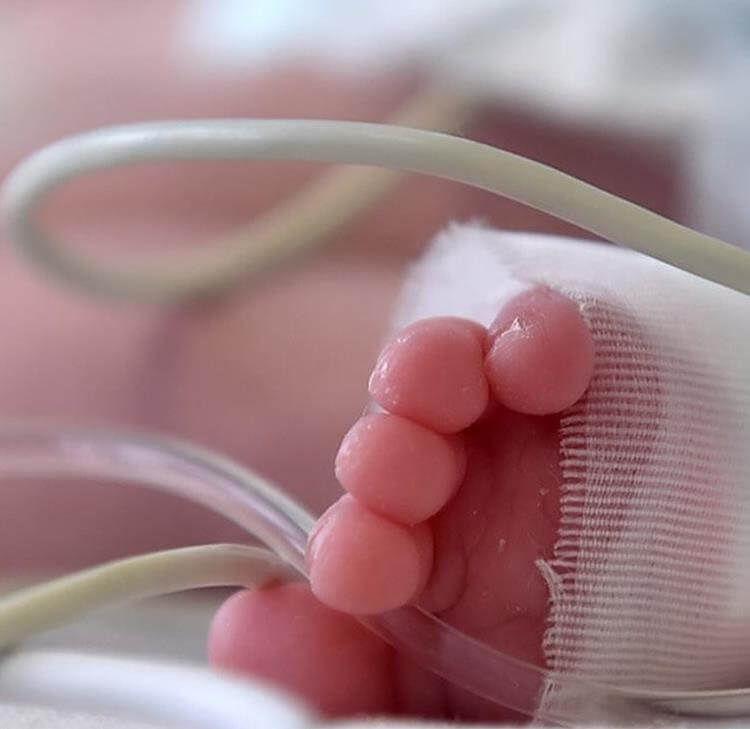The Health and Social Care Secretary, the Rt Hon Wes Streeting MP has announced the nationwide rollout of the ABC Programme.
This programme, set to begin in September, is designed to enhance maternity safety and reduce brain injury in childbirth as part of the government's broader strategy under its Plan for Change. It is hoped that this plan will ensure all women receive safe, personalised, and compassionate care.
Overview of the ABC Programme
The ABC programme is designed to equip maternity staff with the necessary tools and training to better identify signs of distress in babies during labour and to respond more effectively to obstetric emergencies. Such emergencies include scenarios where the baby’s head becomes lodged deep in the mother’s pelvis during a caesarean birth and recognising and responding to a baby who may be deteriorating during labour.
The programme is split into two modules to address these two contributors to harm with clear clinical practice standards with supporting resources, including high quality training.
The pilot scheme
Between 2021-2025, the programme was developed and tested by hundreds of maternity staff, including obstetricians, midwives, and anaesthetists, in collaboration with the Royal College of Obstetricians and Gynaecologists (RCOG), the Royal College of Midwives (RCM), and The Healthcare Improvement Studies (THIS) Institute.
The pilot scheme started in October 2024 in 12 maternity units including:
- Countess of Chester Hospital NHS Foundation Trust.
- East Lancashire Hospitals NHS Trust.
- Lancashire Teaching Hospitals NHS Trust.
- Liverpool Women’s NHS Foundation Trust.
- Warrington and Halton Teaching Hospitals NHS Foundation Trust.
- Wirral University Teaching Hospital NHS Foundation Trust.
- Croydon Health Services NHS Trust.
- Epsom and St Helier University Hospitals NHS Trust.
- St George’s University Hospitals NHS Foundation Trust.
- Barnsley Hospital NHS Foundation Trust.
- Leeds Teaching Hospitals NHS Trust.
- Hull University Teaching Hospitals NHS Trust.
The success of the pilot has paved the way for the national rollout, aiming to standardise high-quality maternity care across the country.
Expected outcomes and future plans
The ABC programme is expected to reduce the number of avoidable brain injuries during childbirth, which can lead to lifelong conditions such as cerebral palsy. It also aims to address unacceptable inequalities in maternity outcomes, ensuring that most maternity units can achieve outcomes comparable to the highest-performing 20% of trusts.
Wes Streeting emphasised the importance of the programme, stating that it will provide peace of mind to expectant mothers and give staff the right tools and training to deliver better care. Whilst there has been recent criticism in relation to the ring fencing of NHS funds for maternity care in 2025/26, the government has said it is committed to training thousands more midwives and closing the Black and Asian maternal mortality gap, with an additional £57 million allocated for Start for Life services.
Support from maternity organisations
Leaders in the maternity field have praised the ABC programme for its collaborative and evidence-based approach. Ranee Thakar, President of RCOG, highlighted the programme's support for multidisciplinary teams to deliver safer, more personalised care. Gill Walton, RCM Chief Executive, noted the crucial role of training and teamwork in providing good, safe care. Professor Mary Dixon-Woods from THIS Institute added that the programme's design focuses on reducing unwarranted variation and improving outcomes through standardisation and comprehensive improvement resources.
Conclusion
The ABC programme represents a transformative step towards improving maternity services in the NHS. By focusing on training, collaboration, and evidence-based practices, the programme aims to enhance the safety and quality of care for women and their babies, reducing the devastating impact of brain injuries during childbirth. As the programme rolls out nationally, it holds the promise of setting new standards in maternity care across the UK.
We welcome this announcement and any support for improvements in maternity care. Our specialist maternity team sees firsthand how vital is for both families and maternity staff to feel supported, valued and safe.
We are committed to assisting NHS Resolution, NHS Trusts and other healthcare organisations with delivering on their strategy to improve maternity outcomes. Please do get in touch to discuss how me may be able to help your organisation.
Browne Jacobson’s Maternity Resources Hub also provides resources and information about our specialist team and includes our contact details.
Contact

Kelly Buckley
Partner
kelly.buckley@brownejacobson.com
+44 (0)115 908 4867
Discover more
Related expertise
You may be interested in
Legal Update
Transforming maternity care: National expansion of the ABC programme to protect newborns
Opinion
Maternal Mental Health Awareness 2025
Legal Update
A new chapter for families: Reflecting on the first month of the introduction of neonatal care leave
Legal Update
Celebrating midwives in England and Wales on International Day of the Midwife
Opinion
Celebrating maternity excellence
Opinion
Antenatal Screening Wales Annual Report 2022-24
Legal Update
The Generation study at UHDB: A pioneering approach to genetic healthcare
Legal Update
Improving maternity care for recent migrant women with language barriers
Legal Update
New rights to Neonatal Care Leave and Pay Act: What do employers need to know
Legal Update
Improving maternity safety: Insights from MNSI’s annual recommendation report
Legal Update
University Hospitals of Derby and Burton NHS Foundation Trust invest in telemetry to improve maternity care and patient experience in labour
Legal Update
Informed consent and caesarean birth: RCOG launches new obstetrics animation
Legal Update
MNSI annual report 2023/24: Key insights and future ambitions for maternity safety
Opinion
Enhancing care for women with ectopic pregnancies: Insights from MBRRACE-UK
Legal Update
DISCERN study published: How to improve discussions with families when things go wrong in maternity care
Opinion
Revolutionising patient care: Innovative kit for instant translation in 240 languages
Opinion
New Government plans for NHS maternity services: What can we expect?
Opinion
New online system streamlines maternity services at The University Hospitals of Derby and Burton NHS Foundation Trust
Opinion
The power of parental touch for babies undergoing painful procedures
Opinion
Newborns born outside of hospitals at higher risk of hypothermia during emergency responses
Opinion
Health Service Journal reports on growing trend of “free birthing”
Legal Update
Introduction of baby loss certificates gives recognition to millions of bereaved families in the UK
Legal Update
Chesterfield Royal Hospital ranked amongst the top Trusts nationally in the 2023 Maternity Survey
Opinion
Coronial investigations of stillbirths - summary of consultation responses
Opinion
BBC investigation finds NHS interpreting service problems contributed to baby deaths and serious brain injuries
Legal Update
The NHS Long Term Workforce Plan 2023
Legal Update
HSIB publishes 'Maternity Investigation Programme: Year in Review 2022/23'
Opinion
Racial disparities in maternity care
Opinion
University Hospital Leicester hold their inaugural Maternity Safety Conference
Opinion
Changes to redundancy protections for employees post-maternity leave
Press Release
Father Christmas comes to University Hospital Coventry and Warwickshire care of Browne Jacobson’s Birmingham Office Community Action Group
Opinion
The Patient Safety Incident Response Framework (PSIRF) and its impact on maternity services
Guide
Mediation guide for Clinicians: What do you need to know and how do you need to prepare
Opinion
Baby Loss Awareness Week
On Saturday 15 October a wave of light swept the internet when thousands of people flooded social media with pictures of candles to remember the babies that they have lost. This event signifies the end of Baby Loss Awareness Week which aims to break the silence that is associated with baby loss in pregnancy and infancy.
Opinion
The impact of COVID-19 on maternal deaths
HSIB published its report on Maternal deaths during the first wave of COVID-19. The report takes a closer look at the impact that COVID-19 had during the initial period of March to May 2020.
Legal Update
The Ockenden Final Report – a blueprint for safe maternity care from ward to Board
The much anticipated final Ockenden report was published on 30 March 2020. The final report sets out the findings of the review into care provided to 1,486 families, and sets out a blueprint for safe maternity care.
On-Demand
Maternity mock inquest - film 1
Consent is often a key issue in obstetric claims and if it is relevant to the facts of the death, its likely to be an area explored by a coroner.
On-Demand
Maternity mock inquest - film 2
This video illustrates some of the issues that can arise when a witness is poorly prepared.
On-Demand
Maternity mock inquest - film 3
This film highlights the importance of creating an open and transparent culture where staff feel able to speak up will help Trusts to identify problematic practise before significant issues arise.
Legal Update
Checklist when preparing for remote participation in an inquest hearing
Lockdown restrictions in March 2020 led to many inquest hearings being postponed. As restrictions eased, Coroners came under increasing pressure to reduce the number of delayed inquest hearings. In June 2020, the Chief Coroner issued Guidance No. 38 to facilitate remote participation in coroner’s inquests.



